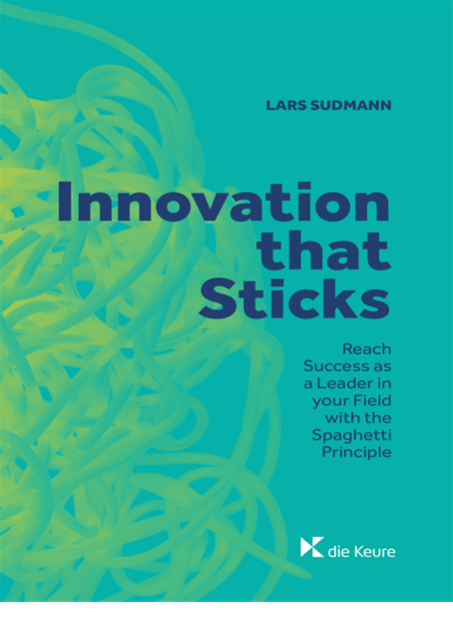Companies and organizations have become increasingly complex and globally dispersed. Multiple locations, business units and functions have to work together.
There are a number of advantages for global cooperation and collaboration across these boundaries:
- Customers, alliance partners, etc. also cooperate across boundaries: If one does not understand the connections here, one is quickly left behind.
- You do not have to re-invent the wheel: Other sites, country organisations etc. can have already found a solution to your problems or might have fresh views and ideas.
- Exchange with peers who understand your challenges: If one can get advice or feedback from a person who has the same or a similar job at another location or business unit this can truly lead to new insights.
Problems with collaboration
However, it is often not so easy to work together across boundaries. In addition to cultural differences, silos are quickly formed in such global structures, and exchange of ideas does not happen. People often like to remain in their unit and ask themselves:
“Why should I help those guys from the other location, unit or even in the other country? Maybe they take everything away and get the praise?!”
I think the advantages of cooperation outweigh the disadvantages. As George Bernard Shaw once said: “If you have an apple and I have an apple and we exchange these apples then you and I will still each have one apple. But if you have an idea and I have an idea and we exchange these ideas, then each of us will have two ideas.”
Clear leadership needed to enable global collaboration
These five strategies have helped me and the organisations I consult with to tap into the potential of optimal global cooperation and collaboration:
- Enable clear & short communication between all partners: This is not about creating complex platforms and technical systems. These often makes things even more complex. Rather, I recommend to enable employees to communicate in a short time what they are actually working on. I recommend short formats like 4-step updates: “My key work area is …; Why do we work on it? …; What is our focus …; How do we approach this? ….”. With quick communication structures like this, rather than long slide decks, you can learn about what others are doing in 60 seconds or less. This lifts the veil of the unknown.
- Establish clear guidelines for collaboration: Organizational psychologist Adam Grant describes three basic types of individuals in organisations when it comes to collaboration: “Takers” (taking without giving back), “Matchers” (quid pro quo) and “Givers” (sharing without expecting directly expecting something in return). The problem with “Takers” is that they poison the climate of cooperation and collaboration. Here the leader has to step in, prevent the “Takers” from taking and encourage and reward the “Matchers” and especially the “Givers”. A vice president I once worked with gave the guidance: In all my organisation I will look for people who proactively share things and we will view this as a key promotion criterion. As Charlie Munger, the business partner of Warren Buffett, says: “Perhaps the most important rule in management is to get the incentives right.”
- Get proficient in virtual communication: Many people hate telephone conferences and virtual meetings. From barking dogs to boring phone presentations, often meetings do not necessarily inspire exchange. However, a virtual meeting is THE key means to collaborate globally. And they can be done in an engaging way. My core tips: get a headset for better sound, get a camera and turn on video, use many polls, interact often, keep presentation monologues short (10 minutes) and work with visualisation tools such as virtual white boards. See this TEDx talk here for more strategies.
- Establish “Communities of Practice (CoPs)”: It can be very exciting to bring people together to form CoPs across locations and to promote knowledge exchange. Here it is important that this is not considered as an obligation or a burden. Rather, as a interesting, value creating activities where best practices and cases are shared. Since it is almost always interesting and valuable to learn about the approaches from others the key focus of these CoPs should be on that.
- Do real ‘team building’ instead of (only) cooking classes: It is important to know each other. You should be able to see the individuals you work with together at least once a year. However, it is also important that people are not (only) brought together to do nice activities (cooking, hiking, climbing and the like). The key focus should be to reflect on work and exchange ideas and create something new, in a relaxed environment. Formats such as “hackathons” can be powerful here.
Especially in times where we see a push to move back to own interests, we should remember that success is often based on cooperation and collaboration. As the saying goes: “It is difficult to whistle a symphony”. Therefore, we should embrace collaboration and enable it with clear leadership.
Lars Sudmann is an expert on high-performance leadership in global corporations. You can contact Lars to work with you as change consultant or to share his keynote speech “The Power of Global Collaboration in Dispersed Organisations” at your next event. More on www.lars-sudmann.com, where you can also watch his TEDx talks. This article was also published in German in the business magazine BILANZ.




